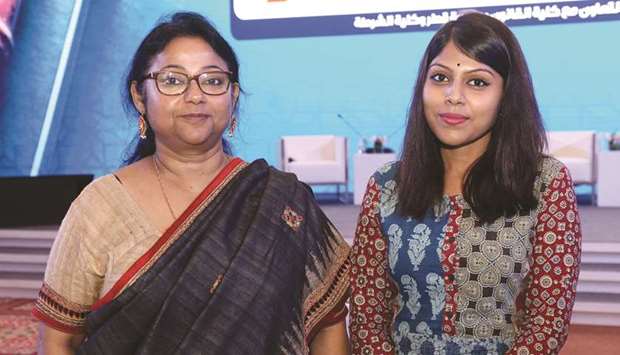Dube’s presentation ‘Rising Waves of Feminism or Faltering Steps of Criminal Justice-What Plagues India’ at ‘Religion, Crime and Domestic Violence’ session at World Congress of Criminology shed light into the post #Me Too movement developments and plight of women in India while it comes to the shortcomings of delivering justice to the victims.
“The rage of Indian women — submerged thus far in the recesses of memory, wrapped away in swathes of fear and self-doubt, and suppressed for years by entrenched social stigma — has finally come pouring out to set in motion India’s long-overdue #MeToo moment. The movement is about breaking the silence; giving women a space to speak up,” she said adding that journalists, actors, directors and writers — all accused of varying degrees of sexual harassment, misconduct or assault were caught in the swirl of the movement.
“Further, institutions and companies set up exclusive committees to look into such cases and many accused were expelled. The movement could evoke an impact. Now, even common women are capable to speak up by using social media platforms,” Dube said.
She explained that the rising number of crimes against women in India reflects decay in India’s Institutions. “Recent cases show how political elites and administrators choose to help perpetrators while doing everything to shun efforts to secure justice for victims. In many rape cases, the police spend more time seeking reconciliation between the attacker and the victim than investigating the facts. According to experts, the police are poorly organised to deal with serious crimes, particularly those against women,” she said. And added that institutional failure to deliver justice to victims results in the grim scenario.
She said that there is a need to build social cohesion and networks that will support and sustain change, foster mass movement and aid in transforming power relations in the society.



